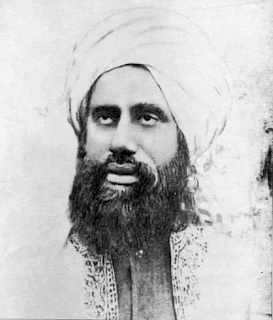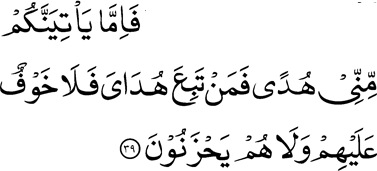 Today, the Ahmadi Muslims attribute a mystical halo around their current Khalifa Hadhrat Mirza Masroor Ahmad Sahib. This extraordinary reverence has to do with three distinct assumptions:
Today, the Ahmadi Muslims attribute a mystical halo around their current Khalifa Hadhrat Mirza Masroor Ahmad Sahib. This extraordinary reverence has to do with three distinct assumptions:
1) Ahmadiyya Jamaat established true Islamic Khilafat for the first time in over a millennium after the departure of the rightly-guided Khalifas of early Islam.
2) The current Khalifa is the Imam of the Age and appointed by none other than Allah Himself.
3) No one on the face of earth will get the Divine favour of a spiritual station above that of the Ahmadiyya Khalifa.
As a divinely-assured religion, Islam challenges its opponents to the battle ground of proof and evidence in favour of beliefs that they claim to uphold. Like wise, the mystical halo of the Khalifa can be assessed on the altar of Islamic spirituality and we can analyse how far the halo remains behind after a critical examination on the basis of Qur’anic doctrine.
As we have noted in the previous installment of this essay [To access that part, click here), the idea that Ahmadiyyat restored Islamic Khilafat after a millennium is sheer nonsense, if we go by the Divine plan for Islam and the Holy Prophet’ prophecies on the issue. If you have any respect left for Promised Massih (as), you cannot argue the case that Islam failed to offer a permanent Khilafat to the Muslim Ummah or that Allah failed to raise His Khulafa in every age in the service of His chosen faith. This kind of a claim would completely contradict his belief and impassioned arguments on the subject. More significantly, such a world view depicts Islam poorly in the company of other great faiths: what is so special about Islam if it cannot produce living testimonials in favour of its majesty and grandeur in every age?
















